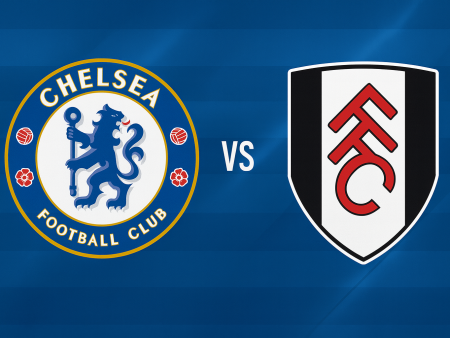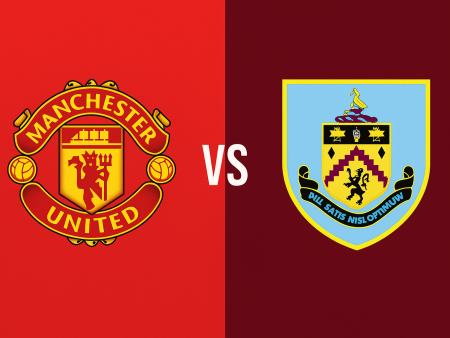How Nicolas Jackson Is Transforming Chelsea’s Attack
For several seasons, Chelsea FC has struggled to find a consistent source of goals from their central striker. The arrival of 22-year-old Nicolas Jackson brought renewed hope-not only for a regular goal-scorer, but for a forward who could elevate the entire attacking system under Mauricio Pochettino. While Jackson’s stats may not rival the Premier League’s most prolific marksmen yet, his impact extends beyond the scoresheet. Let’s explore how Jackson has enhanced Chelsea’s attack, and what areas remain for him to develop.
The Impact of Jackson’s Movement and Extra Touches
Nicolas Jackson’s game is built on athleticism, intelligence, and an ability to find the right moments for an extra touch. His speed and physical presence make him an ideal focal point for Chelsea’s attacking transitions, especially when combining with experienced wingers like Raheem Sterling. This dynamic partnership has invigorated Chelsea’s counter-attacks, allowing either player to lead the break while the other runs into space behind opposition defenses.
Jackson’s influence is particularly evident against teams that deploy a high defensive line. For example, when facing Tottenham Hotspur, Jackson’s pace and timing allowed him to exploit the space behind defenders, leading to dangerous opportunities for Chelsea.
Finishing Inside the Box: Jackson’s Scoring Blueprint
A striking pattern in Jackson’s early Chelsea career is where he’s most effective: all five of his first Premier League goals came from inside the penalty area. Rather than relying on spectacular shots from distance, Jackson thrives by making clever runs to lose defenders and quickly reacting to loose balls in advanced areas.
Key aspects of his box play include:
- Sharp acceleration to gain separation from defenders
- Timing his movement for through balls and rebounds
- Disguising his intentions until the final moment, making him difficult to mark
This predatory instinct, often resulting in "tap-ins," is evidence of a striker who understands how to position himself for high-percentage chances.
On-the-Ball Skills: Strengths and Growth Areas
While Jackson excels with quick, decisive actions in the box, his form can dip when he tries to take on too much solo responsibility on the ball. In 1v1 duels and dribbling situations, he sometimes opts to take extra touches, which can give defenders time to recover.
There have also been occasions where Jackson chooses to shoot from long range rather than playing a simple pass to a teammate in a better position. These decisions often result in low-probability (low xG) shots-signaling self-belief, but also a need for more composure and awareness of supporting runners.
So far this season, despite his willingness to work the channels and combine with teammates like Sterling, Jackson has yet to register an assist in any competition. This highlights a vital area for improvement: reading the flow of play and choosing the right moments to release the ball to others.
Decision-Making in the Final Third
One trait that sets Jackson apart is his creativity in tight spaces. In crowded penalty areas, Jackson often uses subtle skill moves-such as feints or a quick shift to his weaker foot-to open shooting lanes or draw goalkeepers off their line. In a match against Burnley, for instance, he used a fake shot to maneuver into a better finishing angle, ultimately creating a much higher-quality chance.
However, these extra touches can be a double-edged sword. Sometimes, rather than settling quickly for a shot, Jackson will try to get closer to goal, inadvertently giving defenders a chance to close him down. The key for his continued development is to strike the right balance between patience and decisiveness.
Jackson’s Early Achievements and What Lies Ahead
Nicolas Jackson’s introduction to Stamford Bridge has already marked a return of a true center-forward presence for Chelsea. With five goals in his first ten Premier League matches, he is on pace to deliver double-digit goals-a milestone Chelsea have lacked from their No. 9 in recent seasons.
To continue his progression, Jackson should focus on:
- Improving decision-making in build-up play
- Knowing when to pass versus shoot
- Utilizing his pace for both personal scoring and assisting teammates
His understanding of space and movement positions him as a unique attacking threat. Still, greater awareness of collective play and consistent link-ups will make Jackson even more vital to Chelsea’s evolution under Pochettino.
Conclusion
Chelsea’s faith in Nicolas Jackson is already yielding benefits. His blend of pace, movement, and clever finishes inside the penalty area provides something the Blues have been missing up front. While there is room for his all-around game to mature-especially with decision-making and creative contribution-Jackson’s current trajectory signals he could become a cornerstone of Chelsea’s future attacking successes. As he fine-tunes his approach, both Jackson and Chelsea stand to reap significant rewards.













